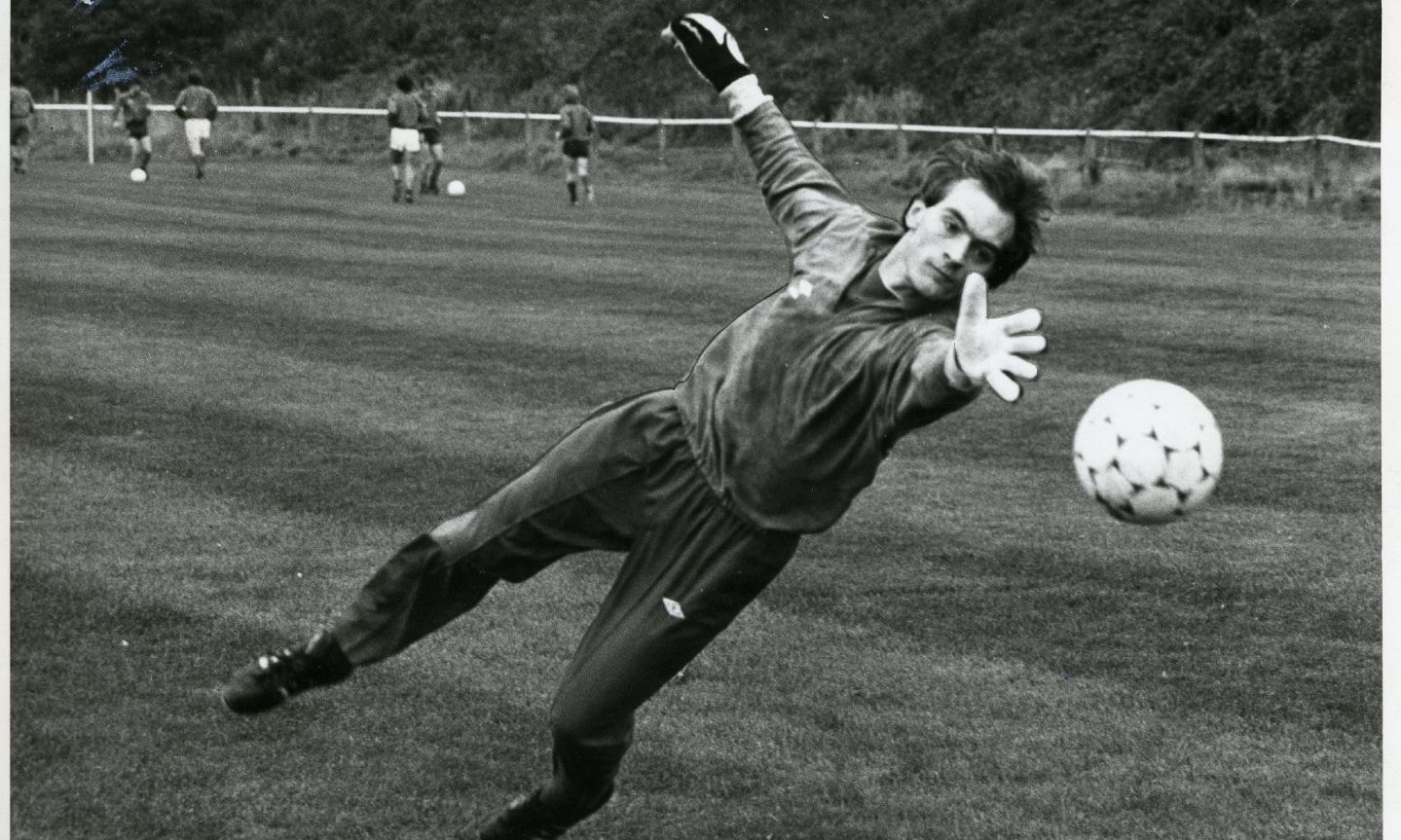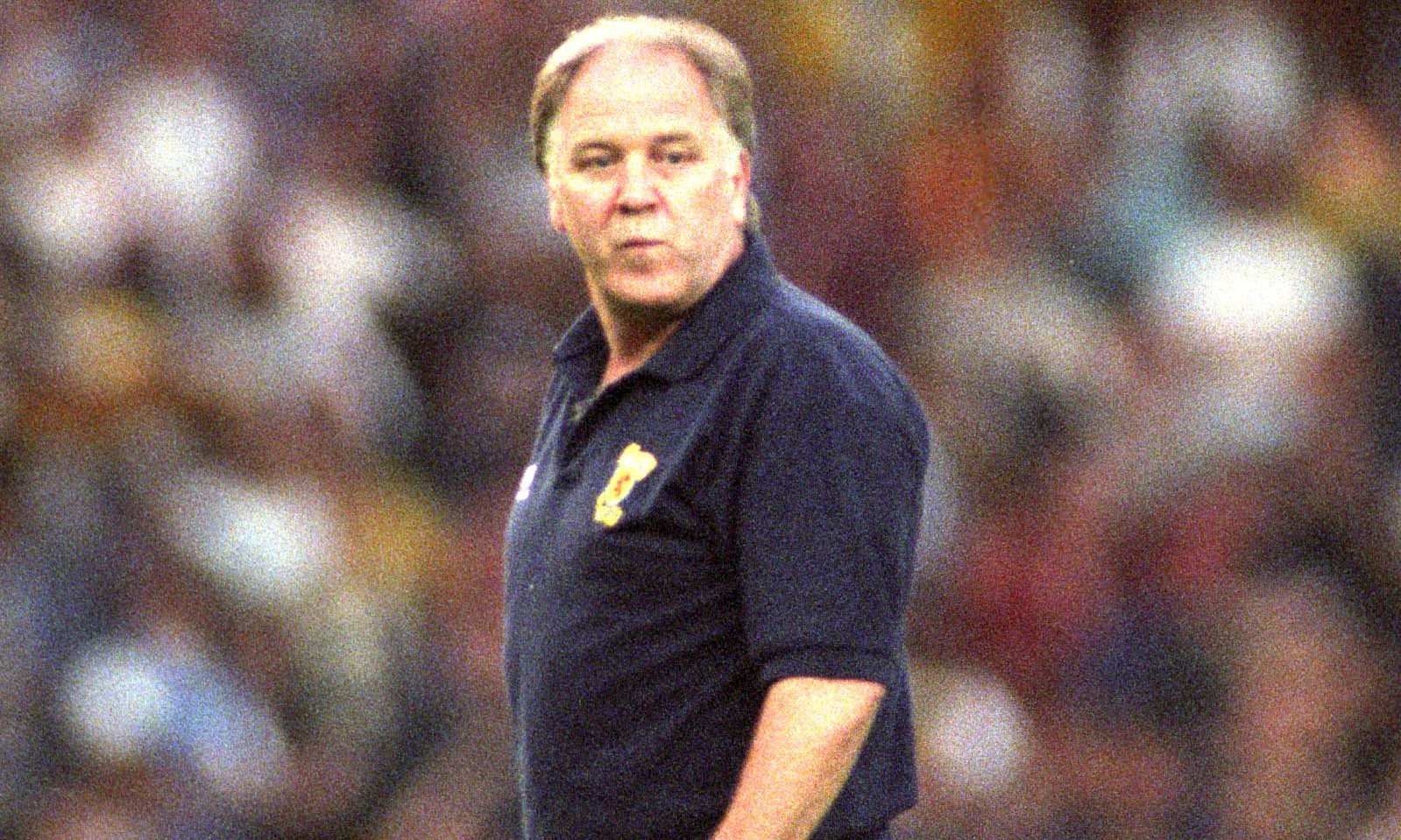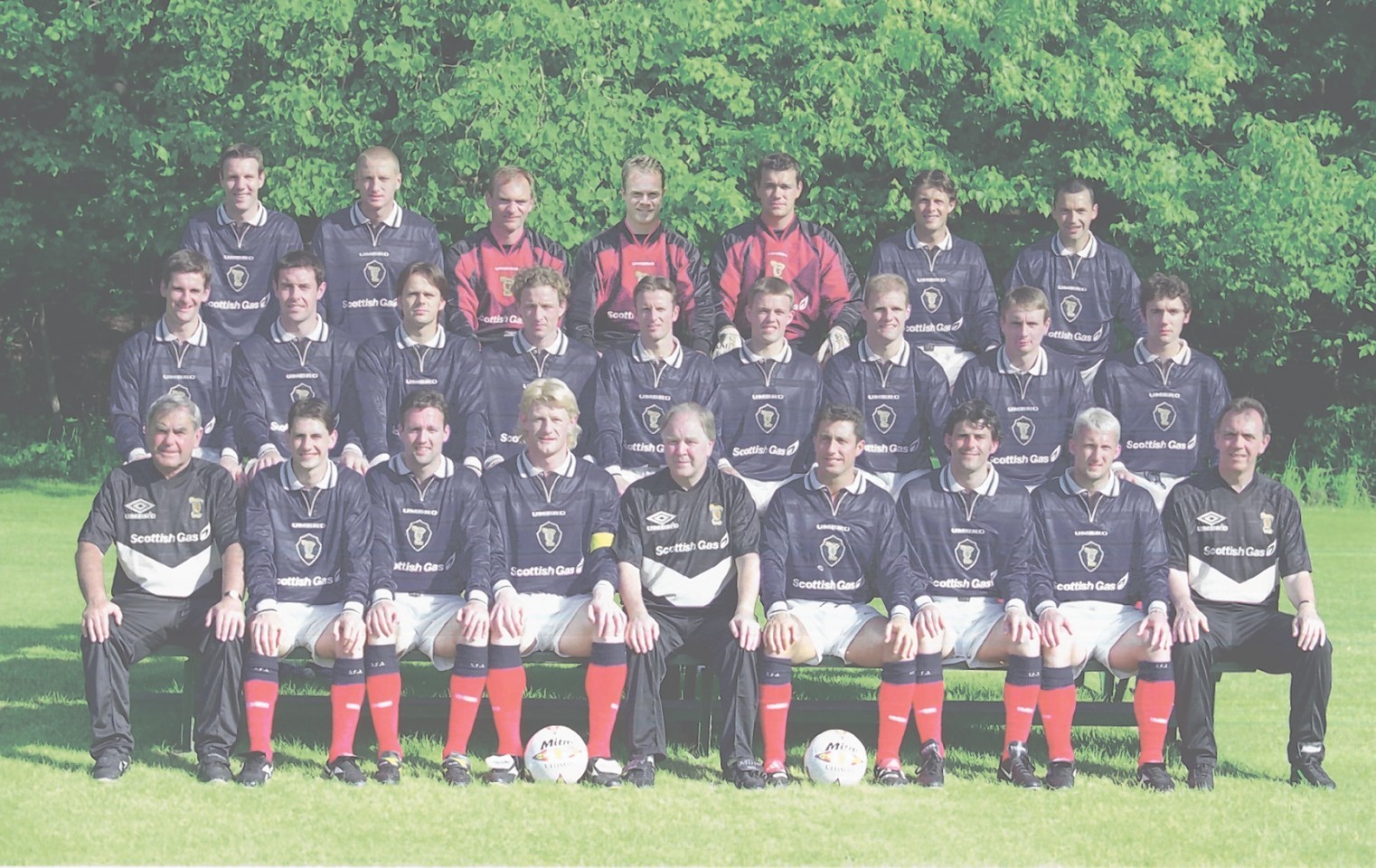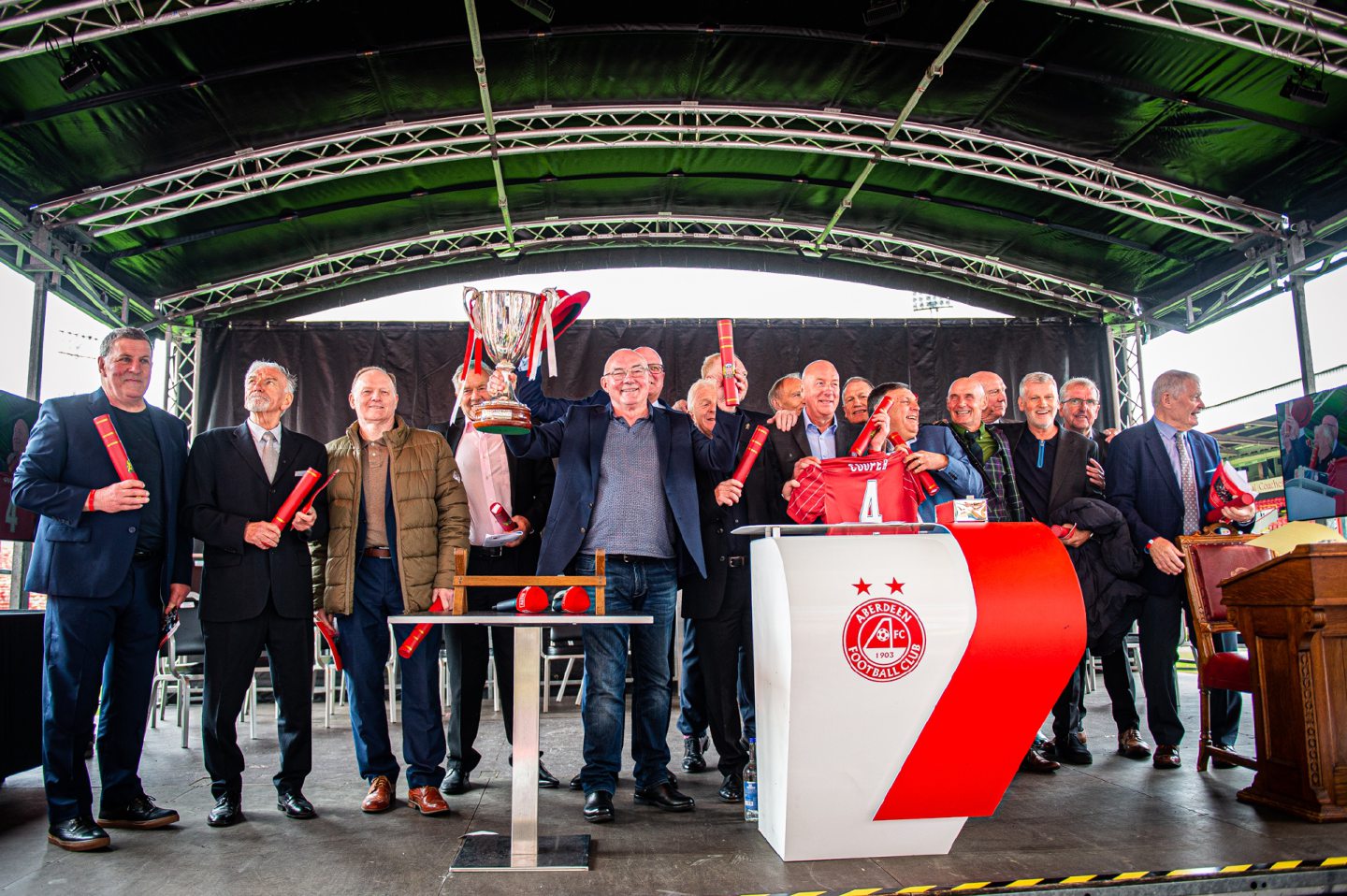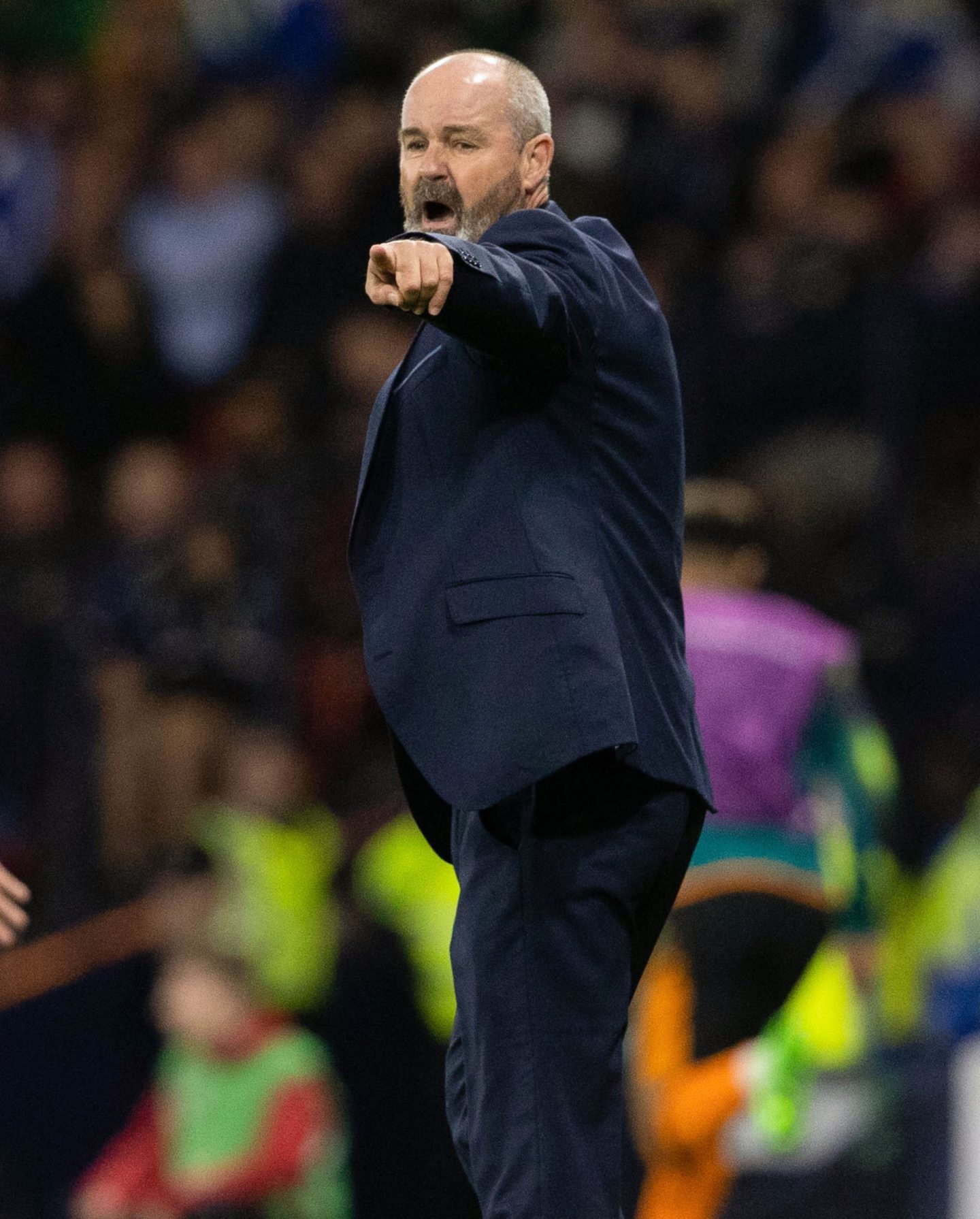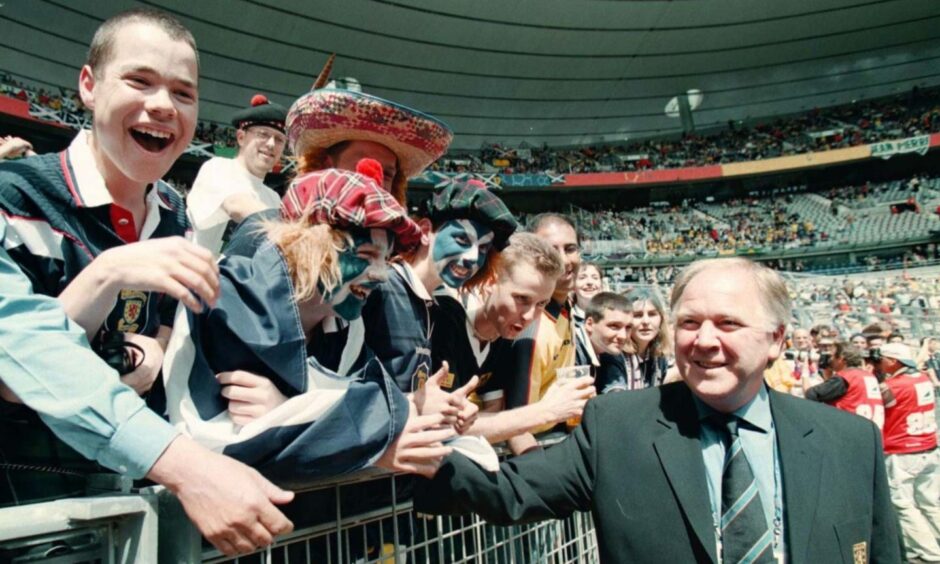
Jim Leighton faced personal privations as he tried to rebuild his career in club and international football after leaving Manchester United in the early 1990s.
He could dismiss the criticism flung in his direction, but it was a different matter altogether once his kids started being told: “You’re old man’s crap” by other pupils as he slipped into the Dundee reserve team a decade after being acclaimed as a Gothenburg Great when Aberdeen beat Real Madrid to lift the European Cup-Winners Cup.
Yet, as Leighton told the Press & Journal this week, he has never been a quitter. Even as he turned 35 in 1993, he gained an opportunity at Hibs and subsequently returned to the hallowed Pittodrie turf where he had spent myriad transcendent days and nights.
Scotland’s fortunes are on the rise
It’s 25 years ago since the 91-times-capped goalkeeper was involved in “the best football day of my life” when he and his Scotland colleagues met the maestros Brazil in the opening match of the 1998 World Cup at a packed Stade de France on June 10.
The men have never qualified for the competition again in the ensuing quarter of a century – although their female counterparts appeared in the finals in 2019 – but hope springs eternal among the Tartan Army that their team’s fortunes are on the rise.
And both the political and corporate sectors are substantially involved in the process.
There were thousands of fans packed into the ground as Leighton, on the cusp on turning 40, gained redemption eight years after appearing in his previous World Cup.
He recalled: “The first part of my career had gone so well and I had grown so used to being involved in winning cups and challenging for honours that it was a shock to the system when I found myself in the reserves at Manchester United and Dundee.
A hard time for the whole family
“It was tough to respond to that and it wasn’t just me who was affected. I learned about how my kids had to get used to other pupils telling them how crap their old man was and that wasn’t easy for them to deal with. It took me a long time to get back in the 90s to where I had been in the 80s, and that’s why it meant so much to be with the team in France and know my family were there with me.
“We had known since the previous November or December that it was the opening fixture and we realised there would be more than a billion people watching it, so you don’t want to embarrass yourself against the world champions in front of a global audience. But when we walked out, the atmosphere was incredible. Our families were there, the fans were in terrific voice – and this was a chance to enjoy the spotlight.”
Not just making up numbers
Behind the scenes, the coach, Craig Brown, studied his South American rivals in depth, working on the basis that genius is an infinite capacity for taking pains and impervious to the notion his lads were merely there to make up the numbers.
The former Aberdeen manager told the P&J: “Brazil were a strong team and we knew it. The magnitude of the game was not lost on us either and I could see even the senior players were nervous.
“I was told that the match was being televised in no less than 111 countries, but the focus was always on playing the game and not the occasion. We tried to block out the build-up and look only at the opposition, because that was enough of a challenge.
“This was at the time when the Brazil players used to walk out the tunnel hand in hand and I remember telling the players they were so scared of us they were holding hands and that brought a few laughs and settled them.”
‘It was a wonderful atmosphere’
But not for long. Leighton still seems disbelieving of the manner in which the favourites surged into an early lead when Cesar Sampaio – “the wee-est guy on the pitch” – somehow sneaked in between two Scottish defenders and headed into the net.
He said: “I thought we played well and while it was frustrating to fall behind, we held our own and deserved to equalise through (a 38th-minute penalty from) John Collins.
“The crowd were right behind us, and it was a wonderful atmosphere and I looked around and was blown away by the whole spectacle. I wasn’t under that much pressure, but they had Ronaldo, they had Dunga, they had Cafu, so you couldn’t relax.
“Of course, it was disappointing when we conceded the second – and especially the way it happened with the ricochet (which led to a Tom Boyd own goal after 73 minutes) – but the boys battled on and there was no disgrace in the outcome [to the eventual finalists].
“It has become a bit of a Scottish trait, finding different ways not to get the job done. But that memory has stayed with me ever since. A draw would have been a fair result.”
Another setback
Brown thought the same and was heartened by his conferes’ display in their next fixture agains Norway, which demonstrated the resilience in his squad.
He said: “Craig Burley made a superb run into space to meet Davie Weir’s terrific ball, which got us the goal against Norway. We were the better side and only claiming a point was disappointing as we felt we should have won that game comfortably.”
Still the Tartan Army dared to dream of a victory against Morocco in their final match. However, the wheels came off in spectacular fashion in Saint Etienne, where the African nation surged to a resounding 3-0 win against a Scotland side which played most of the second half with 10 men following Burley’s red card.
It was another inglorious exit, an Icarus-style descent to earth for a nation which had suffered enough of these setbacks.
Signs of improvement
None the less, both Brown and Leighton have been buoyed by signs of improvement in the current Scotland side, coached astutely by Steve Clarke, and they were thrilled by their compatriots’ emphatic 2-0 triumph over highly-ranked Spain in a European Championship qualifier between the nations at Hampden Park in March.
There were previous instances of futility players and hapless managers colluding in the Scots’ dramatic fall down the FIFA rankings and Brown was among those who questioned why a country such as Croatia – with a population of 4.3million people – could succeed on the global stage while the SFA’s finest were in dire straits.
Investment is pouring into the game
Yet matters are changing for the better. The SFA and Scottish Gas announced a five-year deal last week, which will lead to significant investment in grassroots football – with funding used to launch 120 new holiday camps in the men’s and women’s game.
That followed news of last month’s £2 million investment in high quality multi-sport facilities from the UK Government, in partnership with the SFA, which will increase the availability and access to facilities for football and other grassroots sports.
At one time, any patch of grass would be used for a kick-about. These days are gone.
In which light, Leighton is quietly confident that a corner has been turned in recent years, not least with the emergence of quality youngsters of the calibre of Lewis Ferguson, Billy Gilmour, Calvin Ramsay, Aaron Hickey and Nathan Patterson.
He said: “There are definitely grounds for optimism and Steve has done a good job. There are goals in the team, they are defensively tight, we have a good number of players appearing at the highest level in England, which makes a difference, and I was as impressed as everybody else by the performance and the result against Spain.
“And let’s be honest, I don’t want to be the last Scotland goalie to play in a World Cup.”
We have witnessed false dawns before, allied to enough World Cup travails to fill an X-rated video. But if a 25-year hiatus has been far too long, that has merely increased the desire of the new generation to create their own history.
